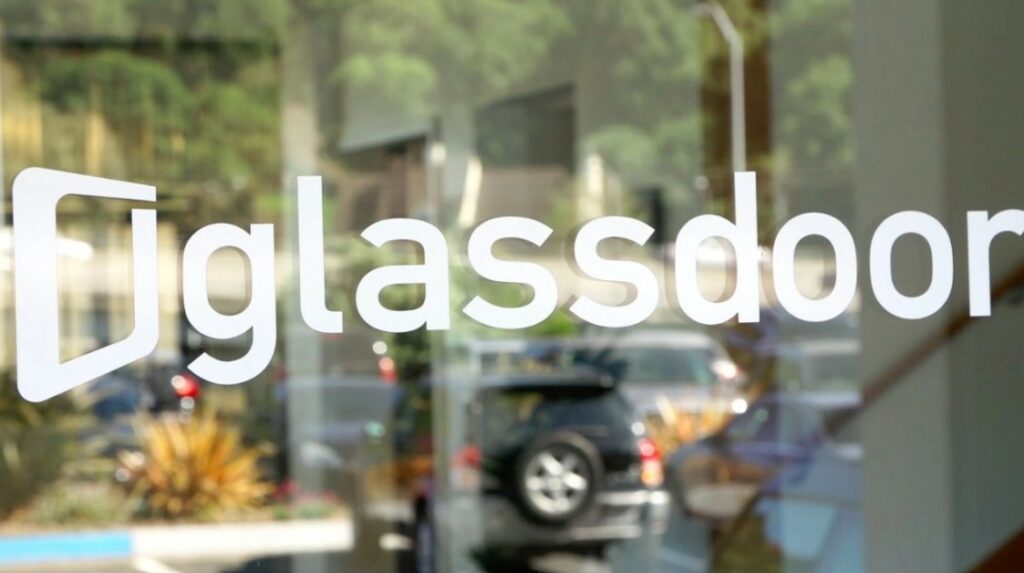Book A Demo
To book a demo please complete the form and we will come back to you shortly.
To book a demo please complete the form and we will come back to you shortly.
New Zealand

If successful in uncovering details of the individuals involved, the actions of NZ’s famous toy family will set a precedent that will have worrying implications for all submitters to Glassdoor – particularly if more employers take exception to any negative comments made about workplace culture and leadership.
History tells us that the art of suppressing dissent has been perfected over the years by authoritarian governments. The Chinese Communist Party is a good example. Unsurprising then that Zuru has a large proportion of its workforce in China. In China, Glassdoor has no presence and comparable platforms struggle to take hold – which must bring a sigh of relief to ‘the toy family’ given the high numbers of their workforce resident there.
Headquartered in California and founded in 2007, Glassdoor made an entry into Singapore, Hong Kong and New Zealand through localised websites and mobile apps in 2019. This move came on top of existing local sites in India and Australia.
The outcome of Zuru’s legal stoush will be examined across all of these countries with a mix, no doubt, of glee and despair.
One perspective is the astonishing extent to which this toy family wants to uncover the whistleblowers, who have supplied insight (potentially accurate or inaccurate) into their company culture. Another perspective stems from their right to seek redress if the comments are unfounded and unproven.
Two employees, apparently, out of 5,000 have cut them to the bone. Two.
Zuru labels itself a disrupter – but it is disruption itself that it now fears.
Two people have disrupted Zuru’s cultural self-assessment, and they are disappointed. But it is a poor outcome if, on a societal level, holding a contrary opinion and airing it leads to a bloodsport. This is where the law and ethics may well differ.
It is understood however that a level of negativity about the Zuru company culture has long circulated with as much force as the downdraft of an ultra sleek and purringly gorgeous helicopter. But even nesting birds, apparently, just get on with it, despite a few ruffled feathers.
Of course allegations of ‘tall poppy syndrome’ will no doubt swirl – but no one is questioning their outstanding business credentials, or the way in which the founders elect to celebrate their wealth.

Did the Zuru founders have any options at all other than to chase dissenting voices? From an ethical perspective I will argue that they did.
In other words seeking to learn from some of the data and insights provided via Glassdoor instead of displaying a legally ordained act of aggression would arguably have demonstrated far greater leadership.
As a private company there is little that can reign in the mindsets of the leaders in relation to their Glassdoor legal action. Whether Glassdoor can avert the disaster that would unfold if individual names were forcibly extracted will rely on the weight of their potential appeal.
Maybe the two individuals could indeed show themselves and explain the reason behind their potentially vexatious, vengeful or honest recollection of their time at Zuru.
Zuru’s legal case could well set a precedent.
The media and platforms such as Glassdoor pick up both the well intentioned and the mischievous amongst us who want to have our say in the public domain.
It is not that much different to AirBnB providing a means for people who didn’t like their accommodation to vent. If home or business owners took offence then imagine the scope for legal action if Air BnB also had to reveal details of where people lived or other traceable data so that far reaching defamation cases could be launched.
Imagine too if the suppression of dissent or competing thoughts worked to enable paedophiles, everyday creeps and fraudsters to do their worst.
Such an outcome would deny free speech and independent thought or honest appraisal – hardly a good signal of a civil society.
King Lear cried ‘How sharper than a serpents tooth it is to have a thankless child’. At Zuru it would seem that a thankless employee wreaks the same havoc.
But as a unique family of tall poppies I’d prefer that NZ’s famous toy family grew from this – grew in leadership, humility and insight. It is impossible to conquer everyone. Gaining respect for a high performing and caring company culture can’t be legislated for, nor commanded from on high.
Trust must be earnt.
This is not the way.